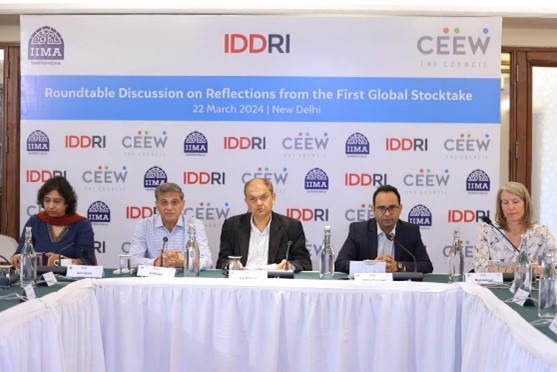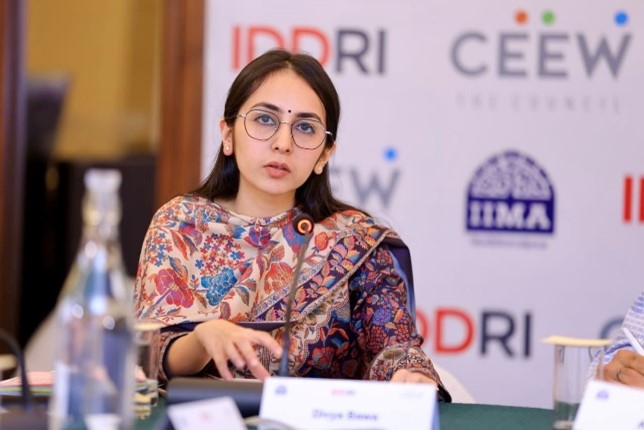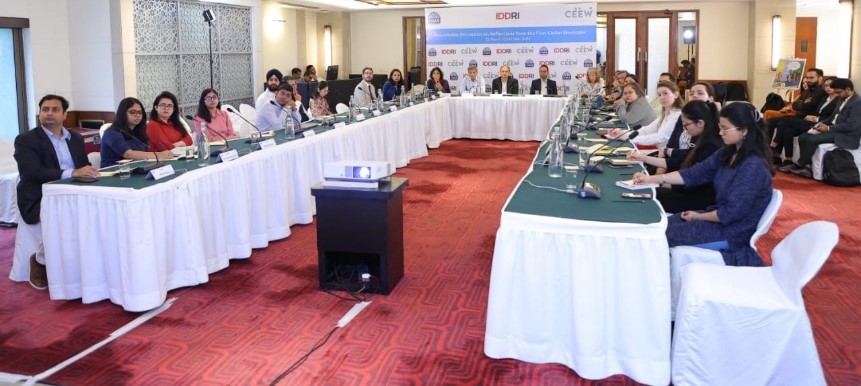
Council on Energy, Environment, and Water (CEEW), Indian Institute of Management Ahmedabad (IIMA), and Institute for Sustainable Development and International Relations (IDDRI) organised a roundtable on ‘Reflections from the First Global Stocktake’ on March 22, 2024, in New Delhi.

Divya Bawa, Programme Manager, Climate Policy, Shakti, participating in the event said, “In the pivotal decade ahead, decisive action is imperative, with the Global Stocktake (GST) serving as a key roadmap to curb temperature rise below 1.5 degrees Celsius and safeguard Earth’s sustainability. The design of the GST process fosters ownership and momentum for subsequent action, requiring transparent linkages between technical assessments and final outputs. Essential engagement of non-party stakeholders is necessary, alongside rigorous monitoring and accountability measures for effectiveness. Integrating climate risks into planning and inclusion of technology transfer mechanisms in the GST is vital for advancing ambitious climate goals through collaborative development and knowledge transfer.”
The Global Stocktake was completed at COP28, eliciting mixed responses on the outcome. While some claimed the outcome lacked ambition, others acknowledged progress within the constraints of climate negotiations. Discussions persisted on the achieved progress, prompting a critical evaluation of the GST process, the first among many. GST, central to the Paris Agreement, assessed collective progress towards long-term goals. It evaluated mitigation, adaptation, means of implementation, finance, technology, and capacity, aiming to boost ambition and international cooperation based on science and equity. This workshop delved into the GST’s progress and effectiveness, identifying potential areas for enhancement, and proposing strategies for a more ambitious, inclusive, and effective next cycle.

